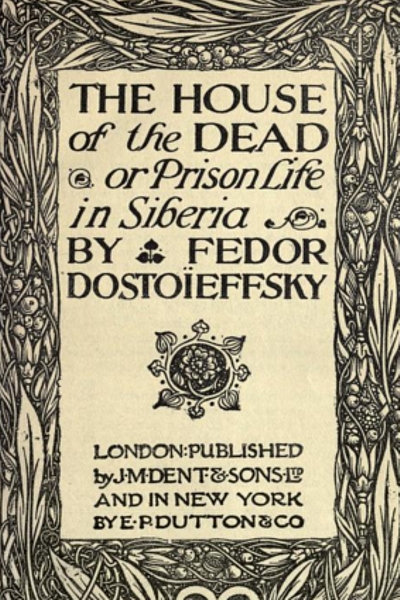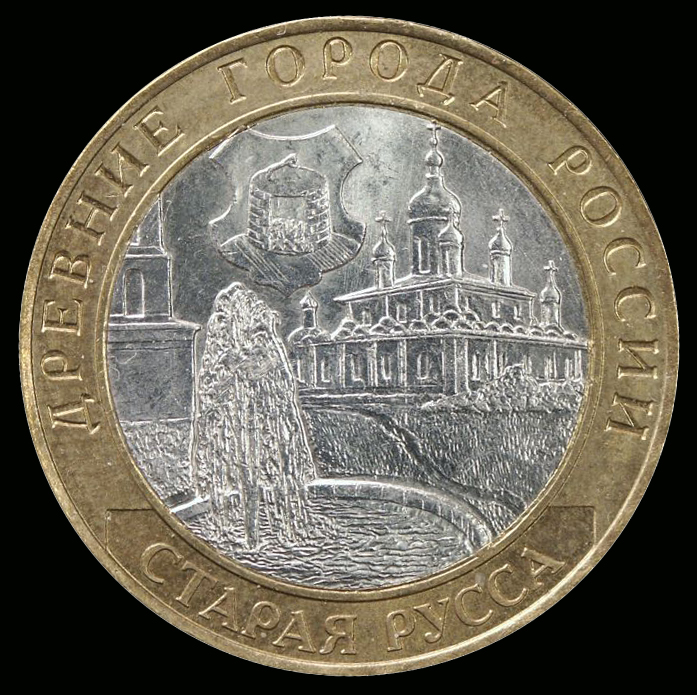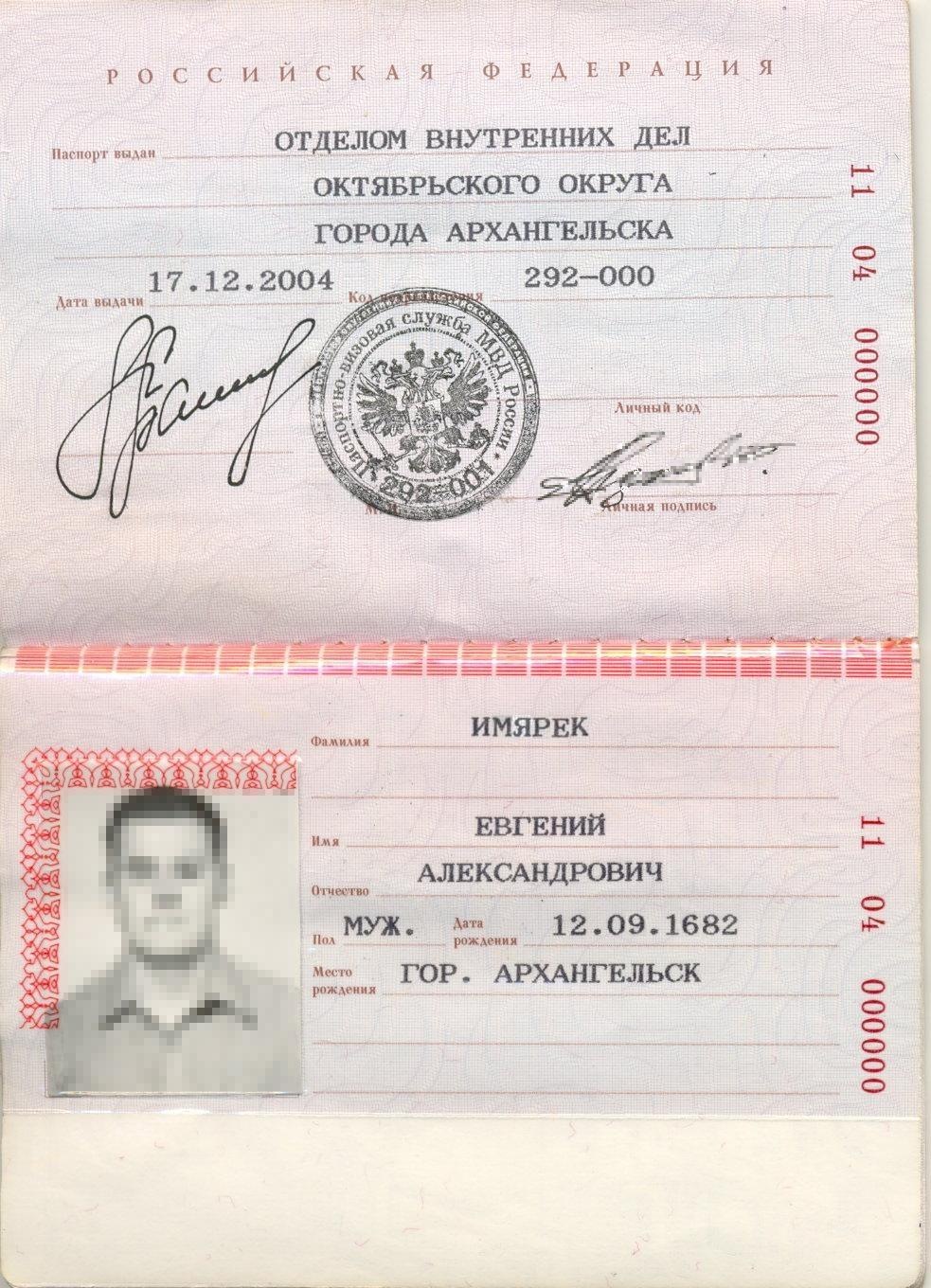|
Karamazov
''The Brothers Karamazov'' (russian: Братья Карамазовы, ''Brat'ya Karamazovy'', ), also translated as ''The Karamazov Brothers'', is the last novel by Russian author Fyodor Dostoevsky. Dostoevsky spent nearly two years writing ''The Brothers Karamazov'', which was published as a serial in ''The Russian Messenger'' from January 1879 to November 1880. Dostoevsky died less than four months after its publication. Set in 19th-century Russia, ''The Brothers Karamazov'' is a passionate philosophical novel that enters deeply into questions of God, free will, and morality. It is a theological drama dealing with problems of faith, doubt, and reason in the context of a modernizing Russia, with a plot that revolves around the subject of patricide. Dostoevsky composed much of the novel in Staraya Russa, which inspired the main setting. It has been acclaimed as one of the supreme achievements in world literature. Background Although Dostoevsky began his first notes for ''T ... [...More Info...] [...Related Items...] OR: [Wikipedia] [Google] [Baidu] |
Fyodor Dostoevsky
Fyodor Mikhailovich Dostoevsky (, ; rus, Фёдор Михайлович Достоевский, Fyódor Mikháylovich Dostoyévskiy, p=ˈfʲɵdər mʲɪˈxajləvʲɪdʑ dəstɐˈjefskʲɪj, a=ru-Dostoevsky.ogg, links=yes; 11 November 18219 February 1881), sometimes transliterated as Dostoyevsky, was a Russian novelist, short story writer, essayist and journalist. Dostoevsky's literary works explore the human condition in the troubled political, social, and spiritual atmospheres of 19th-century Russia, and engage with a variety of philosophical and religious themes. His most acclaimed novels include ''Crime and Punishment'' (1866), ''The Idiot'' (1869), ''Demons'' (1872), and ''The Brothers Karamazov'' (1880). His 1864 novella, ''Notes from Underground'', is considered to be one of the first works of existentialist literature. Numerous literary critics regard him as one of the greatest novelists in all of world literature, as many of his works are considered highly influen ... [...More Info...] [...Related Items...] OR: [Wikipedia] [Google] [Baidu] |
The Grand Inquisitor
"The Grand Inquisitor" is a story within a story (called a poem by its fictional author, but not in verse) contained within Fyodor Dostoevsky's 1880 novel ''The Brothers Karamazov.'' It is recited by the character Ivan Karamazov, who questions his brother Alexei, a novice monk, about the possibility of a personal and benevolent God. "The Grand Inquisitor" is an important part of the novel and one of the best-known passages in modern literature because of its ideas about human nature and freedom, and its fundamental ambiguity. In a long diatribe directed at Jesus Himself, who has returned to Earth in Seville at the height of the Inquisition, the Grand Inquisitor defends the following ideas: only the principles of the devil can lead to mankind's unification; give man bread, control his conscience, and rule the world; Jesus limited himself to a small group of chosen ones, while the Catholic Church improved on his work and addresses all people; the church rules the world in the name of ... [...More Info...] [...Related Items...] OR: [Wikipedia] [Google] [Baidu] |
The House Of The Dead (novel)
''The House of the Dead'' (russian: Записки из Мёртвого дома, ''Zapiski iz Myortvovo doma'') is a semi-autobiographical novel published in 1860–2 in the journal ''Vremya'' by Russian author Fyodor Dostoevsky. It has also been published in English under the titles ''Notes from the House of the Dead'', ''Memoirs from the House of the Dead'' and ''Notes from a Dead House'', which are more literal translations of the Russian title. The novel portrays the life of convicts in a Siberian prison camp. It is generally considered to be a fictionalised memoir; a loosely-knit collection of experiences, events and philosophical discussion based on Dostoevsky's experiences as a prisoner, organised around theme and character rather than plot. Dostoevsky spent four years in a forced-labour prison camp in Siberia following his conviction for involvement in the Petrashevsky Circle. This experience allowed him to describe with great authenticity the conditions of prison life an ... [...More Info...] [...Related Items...] OR: [Wikipedia] [Google] [Baidu] |
Theological Fiction
Theological fiction is fictional writing which shapes people's attitudes towards theological beliefs. It is typically ''instructional'' or ''exploratory'' rather than descriptive, and it engages specifically with the theoretical ideas which underlie and shape typical responses to religion. Theological fiction, as a concept, is used by both theists and atheists, such as in fictional pantheons and cultures in theological fantasy literature. Theological and religious fiction The subject matter of theological novels often overlaps with philosophical novels, particularly when it deals with issues from natural theology (also called philosophy of religion). For example, Roger Olsen notes that the problem of evil is a feature of some significant theological fiction. Theological fiction also overlaps with religious fiction or Christian novels (also called inspirational fiction), especially when dealing with complex ideas such as '' redemption,'' ''salvation'' and ''predestination,'' which h ... [...More Info...] [...Related Items...] OR: [Wikipedia] [Google] [Baidu] |
Optina Monastery
The Optina Pustyn (russian: Óптина пýстынь, literally ''Opta's hermitage'') is an Eastern Orthodox monastery for men near Kozelsk in Russia. In the 19th century, the Optina was the most important spiritual centre of the Russian Orthodox Church and served as the model for several other monasteries, including the nearby Shamordino Convent. It was particularly renowned as the centre of Russian Orthodox eldership (staretsdom). History It is not clear when the monastery was established. Its name is probably derived from the Russian word for "living together", possibly because nuns were allowed into the cloister prior to 1504. Most of the monastery buildings were erected at the turn of the 18th and 19th centuries, when the monastery was being renovated as a centre of Russian staretsdom. In 1821, a hermitage for startsy was established away from the monastery. The startsy attracted crowds of devout Christians to Kozelsk. Among others, Optina Pustyn was visited by Fyod ... [...More Info...] [...Related Items...] OR: [Wikipedia] [Google] [Baidu] |
Atheism
Atheism, in the broadest sense, is an absence of belief in the existence of deities. Less broadly, atheism is a rejection of the belief that any deities exist. In an even narrower sense, atheism is specifically the position that there no deities. Atheism is contrasted with theism, which in its most general form is the belief that at least one deity exists. The first individuals to identify themselves as atheists lived in the 18th century during the Age of Enlightenment. The French Revolution, noted for its "unprecedented atheism", witnessed the first significant political movement in history to advocate for the supremacy of human reason.Extract of page 22 In 1967, Albania declared itself the first official atheist coun ... [...More Info...] [...Related Items...] OR: [Wikipedia] [Google] [Baidu] |
Starets
A starets (russian: стáрец, p=ˈstarʲɪt͡s; fem. ) is an elder of an Eastern Orthodox monastery who functions as venerated adviser and teacher. ''Elders'' or ''spiritual fathers'' are charismatic spiritual leaders whose wisdom stems from God as obtained from ascetic experience. It is believed that through ascetic struggle, prayer and hesychasm, the Holy Spirit bestows special gifts onto the elder including the ability to heal, prophesy, and most importantly, give effective spiritual guidance and direction. Elders are looked upon as being an inspiration to believers and an example of saintly virtue, steadfast faith, and spiritual peace. Elders are not appointed by any authority; they are simply recognized by the faithful as being people "of the Spirit". An elder, when not in prayer or in voluntary seclusion, receives visitors (some who travel very far) and spends time conversing with them, offering a blessing (if the elder is an ordained cleric) and confession, and prayin ... [...More Info...] [...Related Items...] OR: [Wikipedia] [Google] [Baidu] |
The Russian Messenger
The ''Russian Messenger'' or ''Russian Herald'' (russian: Ру́сский ве́стник ''Russkiy Vestnik'', Pre-reform Russian: Русскій Вѣстникъ ''Russkiy Vestnik'') has been the title of three notable magazines published in Russia during the 19th century and early 20th century. ''Russian Messenger'' period I and II The first publishing period of the ''Russian Messenger'' falls within the period 1808 to 1820, and 1824. Relocated to Moscow, the monthly journal was edited by writer Sergey Glinka. It was sponsored by the minister and adjutant general Count Fyodor Rostopchin and its orientation classified as patriotic monarchist. The second publishing period falls in the years from 1841 to 1844 and appeared in Saint Petersburg. On its creation, the publisher, editor, journalist and publicist Nikolay Gretsch and writer, playwright, journalist and historian Nikolai Polevoy were involved. Another employee was the historian Ivan Snegiryov. ''Russian Messenger'' p ... [...More Info...] [...Related Items...] OR: [Wikipedia] [Google] [Baidu] |
Staraya Russa
Staraya Russa ( rus, Старая Русса, p=ˈstarəjə ˈrusːə) is a town in Novgorod Oblast, Russia, located on the Polist River, south of Veliky Novgorod, the administrative center of the oblast. Its population has steadily decreased over the past years, going from 41,538 recorded in the 1989 Census to 35,511 in the 2002 Census to 31,809 in the 2010 Census. Etymology The origin of the name of Staraya Russa is unclear. The most involved and widespread hypothesis was presented by philologists and linguists R. A. Akheyeva, V. L. Vasilyev, and M.V. Gorbanevsky. According to this hypothesis, ''Russa'' comes from Rus'—a Slavic people, who settled in the vicinity to control trade routes leading from Novgorod to Polotsk and Kiev—which, in turn, is usually thought to originate from an Old Norse term for "the men who row" (''rods-'') as rowing was the main method of navigating the rivers of Eastern Europe, and that it could be linked to the Swedish coastal ... [...More Info...] [...Related Items...] OR: [Wikipedia] [Google] [Baidu] |
Patricide
Patricide is (i) the act of killing one's own father, or (ii) a person who kills their own father or stepfather. The word ''patricide'' derives from the Greek word ''pater'' (father) and the Latin suffix ''-cida'' (cutter or killer). Patricide is a sub-form of parricide, which is defined as an act of killing a close relative. In many cultures and religions patricide was considered one of the worst sins. For example, according to Marcus Tullius Cicero, in the Roman Republic it was the only crime for which the civilian could be sentenced to death. Patricides in myths and religions Patricide is a common motif that is prevalent throughout many religions and cultures, and particularly in the mythology and religion of Greek culture. Some key examples of patricide from various cultures are included as follows: * Apsu, in the Babylonian creation epic the '' Enûma Elish'', was killed by his son Ea in the struggle for supremacy among the gods. * In the mythology of the neighboring Mesop ... [...More Info...] [...Related Items...] OR: [Wikipedia] [Google] [Baidu] |
Theological Fiction
Theological fiction is fictional writing which shapes people's attitudes towards theological beliefs. It is typically ''instructional'' or ''exploratory'' rather than descriptive, and it engages specifically with the theoretical ideas which underlie and shape typical responses to religion. Theological fiction, as a concept, is used by both theists and atheists, such as in fictional pantheons and cultures in theological fantasy literature. Theological and religious fiction The subject matter of theological novels often overlaps with philosophical novels, particularly when it deals with issues from natural theology (also called philosophy of religion). For example, Roger Olsen notes that the problem of evil is a feature of some significant theological fiction. Theological fiction also overlaps with religious fiction or Christian novels (also called inspirational fiction), especially when dealing with complex ideas such as '' redemption,'' ''salvation'' and ''predestination,'' which h ... [...More Info...] [...Related Items...] OR: [Wikipedia] [Google] [Baidu] |
Eastern Slavic Naming Customs
Eastern Slavic naming customs are the traditional way of identifying a person's given name and patronymic name in Russia and some countries formerly part of the Russian Empire or the Soviet Union. They are commonly used in Russia, Belarus, Ukraine, Kazakhstan, Turkmenistan, Uzbekistan, and to a lesser extent in Kyrgyzstan, Tajikistan, Azerbaijan, Armenia, and Georgia. It is named after the East Slavic languages group that the Belarusian, Russian, Rusyn and Ukrainian languages belong to. They are also found occasionally in the Balkans among older generations. Given names Eastern Slavic parents select a given name for a newborn child. Most first names in East Slavic languages originate from two sources: * Eastern Orthodox Church tradition * Slavic names, native pre-Christian Slavic lexicons Almost all first names are single. Doubled first names (as in, for example, French name, French, like ''Jean-Luc'') are very rare and are from foreign influence. Most doubled first names ... [...More Info...] [...Related Items...] OR: [Wikipedia] [Google] [Baidu] |






